UKIP's Farage Under Fire For Controversial Zelenskyy Statement
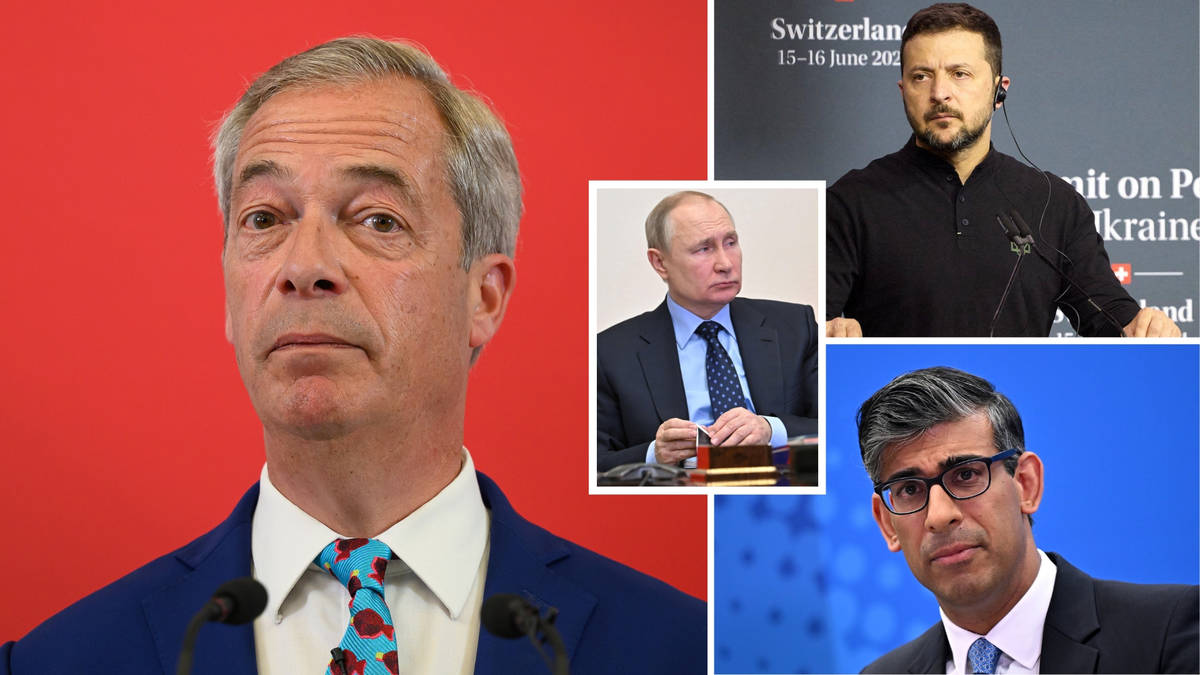
Table of Contents
The Controversial Statement
The core of the controversy lies in a statement made by Nigel Farage, the exact wording of which requires careful examination. [Insert precise quote here, ensuring proper attribution, e.g., "In a recent interview with [News Outlet], Farage stated, '...'"]. What made the statement so inflammatory wasn't simply its content, but its tone and perceived implications.
- Specific phrasing that sparked outrage: [Highlight specific words or phrases from the quote that caused the most offense. Explain why these phrases were particularly controversial.]
- Potential misinterpretations or ambiguities: [Analyze any possible misinterpretations of Farage's words. Did the statement lend itself to multiple readings, some far more damaging than others?]
- The context in which the statement was made: [Clearly explain where and when Farage made the statement – was it a formal speech, a casual interview, or a social media post? The context significantly influences the interpretation and impact of his words.]
Public and Political Backlash
The reaction to Farage's Zelenskyy remarks was swift and overwhelmingly negative. Social media platforms erupted with criticism, with hashtags such as #FarageZelenskyy and #UKIPcontroversy trending for days. News outlets across the political spectrum condemned the statement, highlighting its potential to undermine support for Ukraine.
- Examples of negative public reactions: [Include specific examples of tweets, comments, or news articles expressing outrage. Cite reputable sources.]
- Statements from political figures criticizing Farage: [Quote statements from prominent politicians – both from within Farage's own party and from opposing parties – condemning his words. Note their political affiliations for context.]
- Potential impact on UKIP's image and political standing: [Analyze the potential damage to UKIP's reputation and electoral prospects. Consider the potential alienation of voters and the impact on future campaigns.]
Farage's Defense (if applicable)
[If Farage issued a response, this section should detail his defense or clarification. If he did not, this section can be omitted or restructured to focus on the absence of a response and its implications.]
- Key points of Farage's defense or counter-arguments: [If applicable, outline the main points of his defense. Analyze the logic and effectiveness of his arguments.]
- Analysis of the public's response to his defense: [If a defense was offered, analyze how the public reacted to it. Did it mitigate the damage, or further fuel the controversy?]
- Impact of his defense (or lack thereof) on the situation: [Evaluate the overall impact of Farage’s response (or lack thereof) on the situation. Did it help to de-escalate the controversy, or exacerbate it further?]
Wider Implications and Context
The controversy surrounding Farage's Zelenskyy comments extends far beyond a single statement. It reflects broader concerns about UK foreign policy, public opinion regarding the Ukraine conflict, and the role of political figures in shaping public discourse during times of international crisis.
- Potential impact on UK-Ukraine relations: [Analyze the potential damage to the UK's relationship with Ukraine. Could Farage's words have international repercussions?]
- Reflections on the role of media and public opinion in international conflicts: [Consider the impact of media coverage and public opinion on international relations and the conduct of war.]
- Considerations of freedom of speech versus incitement to hatred: [Discuss the complexities of balancing freedom of speech with the potential for inflammatory rhetoric to incite hatred or violence.]
Conclusion
Nigel Farage's controversial statement regarding Volodymyr Zelenskyy has ignited a firestorm of criticism, highlighting the sensitive nature of public discourse during times of international conflict. The public and political backlash, coupled with the absence [or analysis of] Farage's defense, reveals the significant impact such remarks can have on UKIP’s image and broader geopolitical relations. The incident raises important questions about the responsibility of political figures in shaping public perception and the delicate balance between freedom of speech and the potential for harmful rhetoric. We encourage you to share your thoughts and opinions on UKIP's Farage Under Fire for Controversial Zelenskyy Statement using #FarageZelenskyy #UKIPcontroversy. Further research into the evolving narrative is strongly encouraged to fully understand the implications of this significant event.

Featured Posts
-
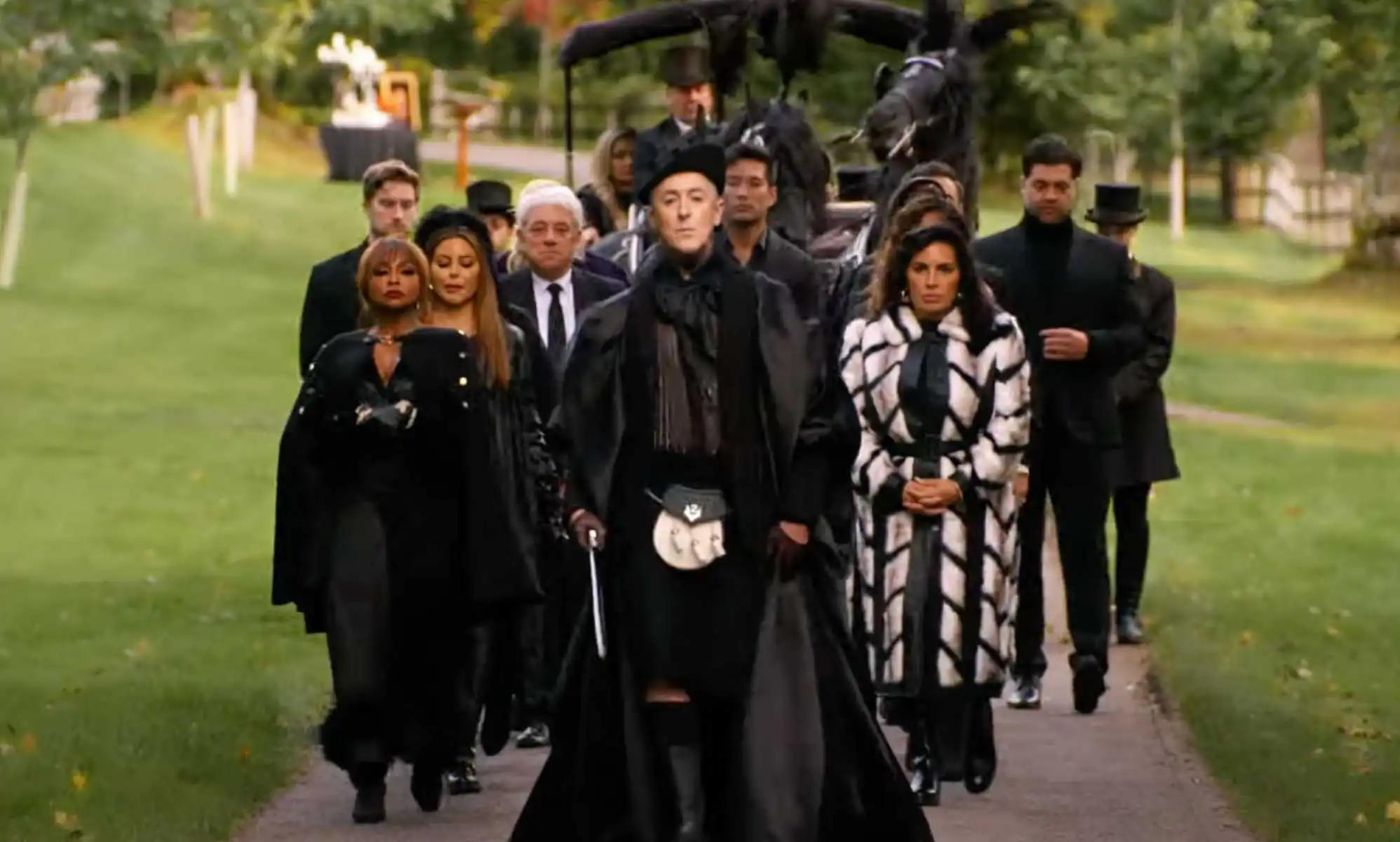 Bbcs Celebrity Traitors Faces Setback Sibling Dropouts Weeks Before Production
May 03, 2025
Bbcs Celebrity Traitors Faces Setback Sibling Dropouts Weeks Before Production
May 03, 2025 -
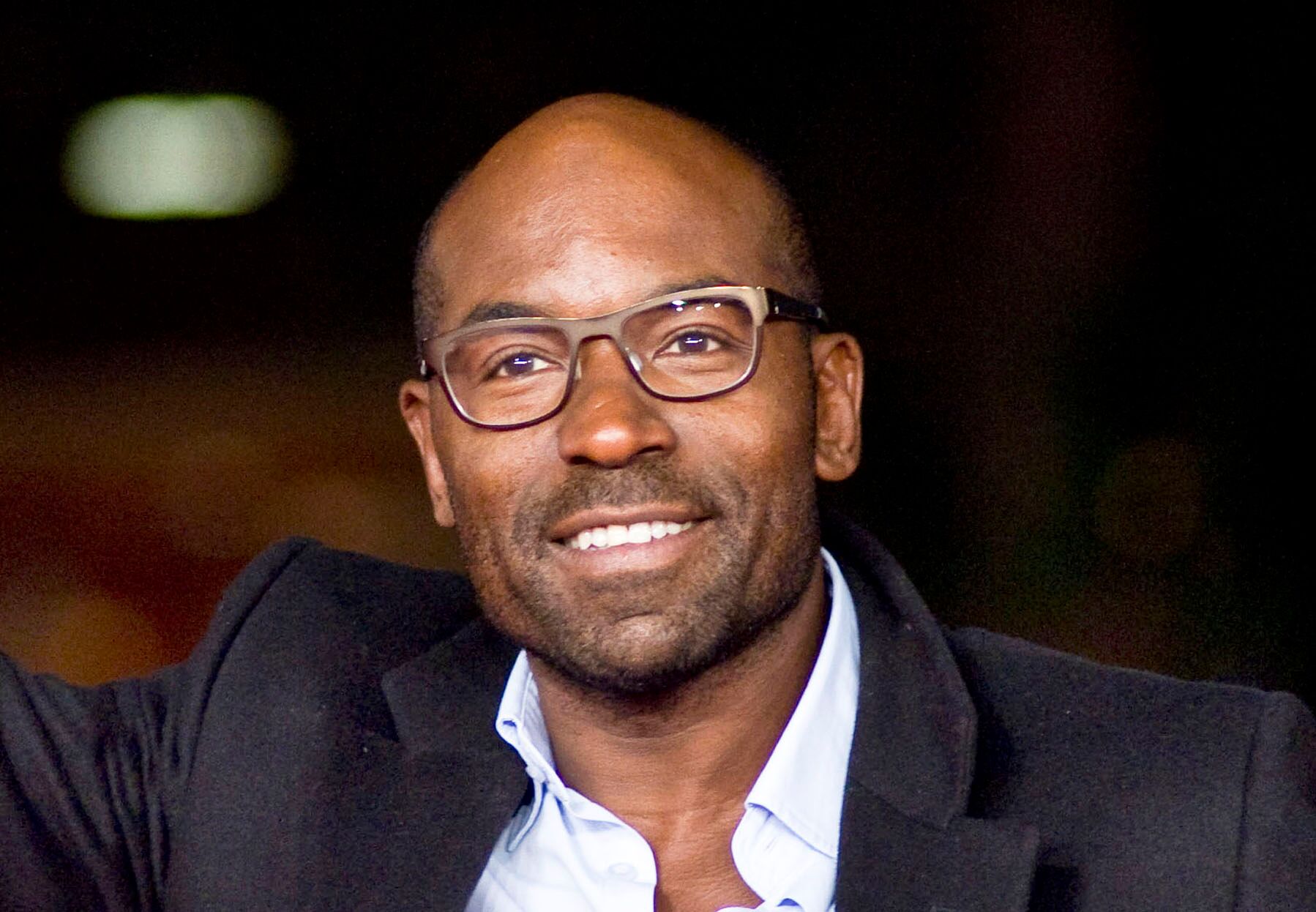 Serie Joseph Tf 1 Lucien Jean Baptiste Dans Un Role Inattendu
May 03, 2025
Serie Joseph Tf 1 Lucien Jean Baptiste Dans Un Role Inattendu
May 03, 2025 -
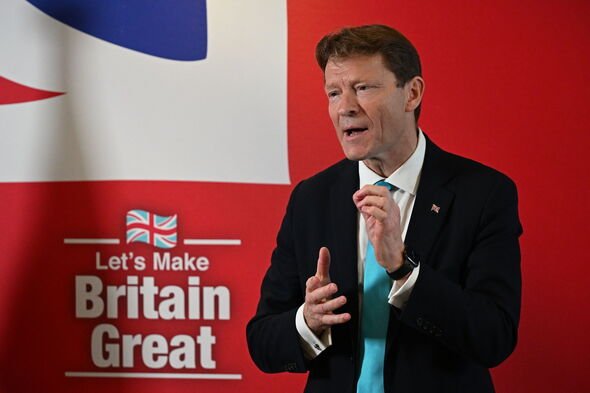 The Impact Of Nigel Farage On Reform Uks Political Influence
May 03, 2025
The Impact Of Nigel Farage On Reform Uks Political Influence
May 03, 2025 -
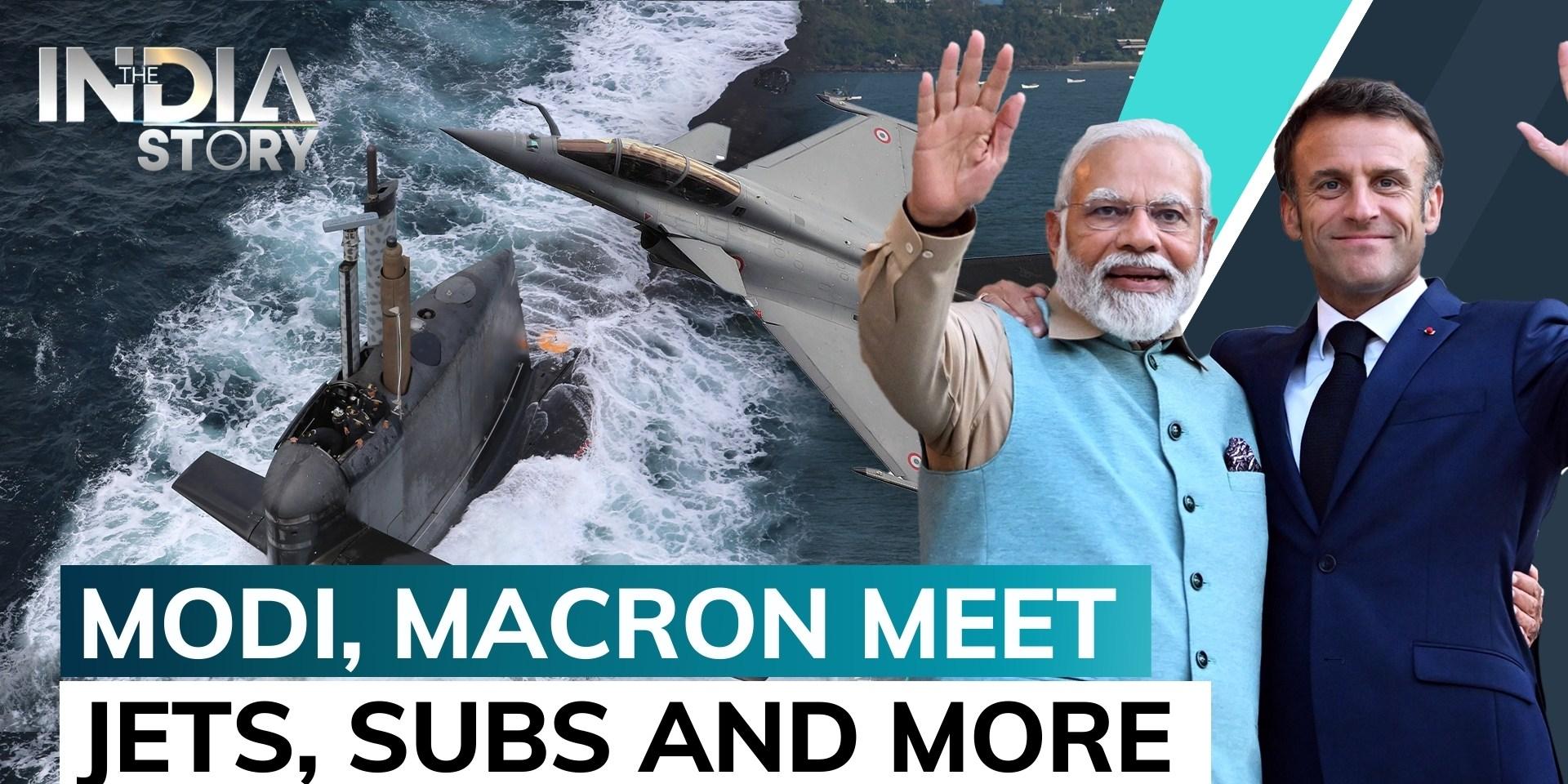 Pm Modis France Visit Ai Summit Co Chairmanship And Ceo Forum Address
May 03, 2025
Pm Modis France Visit Ai Summit Co Chairmanship And Ceo Forum Address
May 03, 2025 -
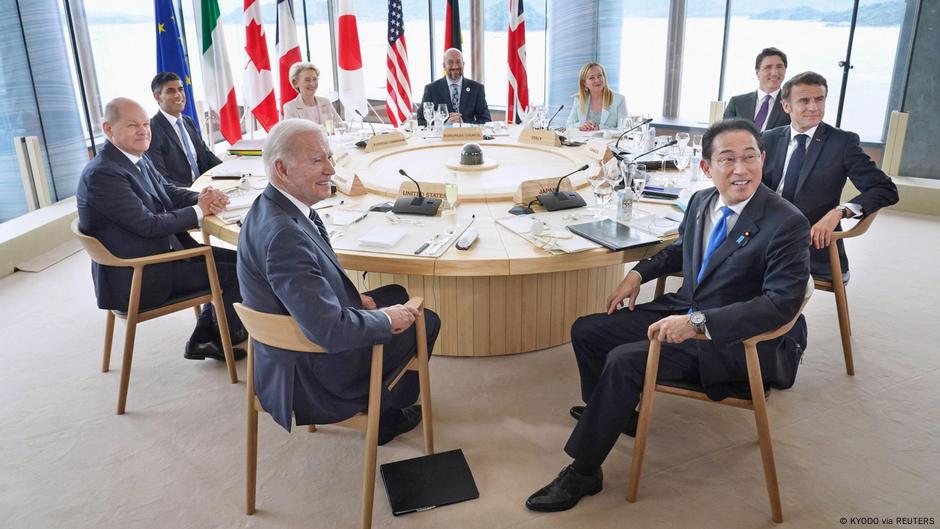 Makron I S Sh A Novye Sanktsii Protiv Rossii V Svyazi S Ukrainoy
May 03, 2025
Makron I S Sh A Novye Sanktsii Protiv Rossii V Svyazi S Ukrainoy
May 03, 2025
